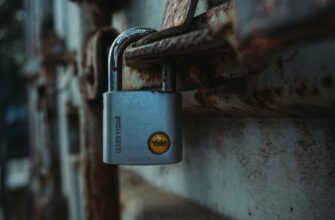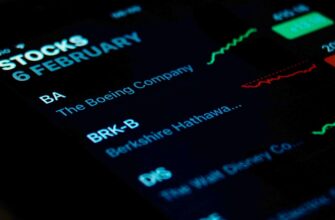- Introduction: Selling USDT in Bangkok’s Crypto Scene
- Understanding KYC and Why Traders Consider Avoiding It
- Thailand’s Crypto Regulations: The Legal Landscape
- How to Sell USDT in Bangkok: Methods Compared
- Risks of Selling USDT Without KYC in Bangkok
- Safety Tips for Selling USDT in Bangkok
- FAQ: Selling USDT Without KYC in Bangkok
Introduction: Selling USDT in Bangkok’s Crypto Scene
As Bangkok emerges as a Southeast Asian crypto hub, many seek to sell USDT (Tether) for Thai Baht. While licensed exchanges dominate, some users explore how to sell USDT without KYC in Bangkok for perceived privacy or convenience. This guide unpacks the realities—detailing methods, legal risks, and safer alternatives. We emphasize compliance with Thai regulations and caution that non-KYC trades carry high fraud exposure. Always prioritize security and legality.
Understanding KYC and Why Traders Consider Avoiding It
KYC (Know Your Customer) requires identity verification on crypto platforms. It combats fraud and money laundering but involves sharing personal data. Some seek non-KYC options for:
- Privacy concerns: Avoiding data trails.
- Speed: Bypassing lengthy verification.
- Accessibility: For users without formal IDs.
However, skipping KYC forfeits legal protections and increases vulnerability to scams. Thai regulators mandate KYC for licensed exchanges, making non-compliant methods legally ambiguous.
Thailand’s Crypto Regulations: The Legal Landscape
Thailand’s Securities and Exchange Commission (SEC) regulates crypto under the Digital Asset Act. Key rules include:
- Exchanges like Bitkub and Satang Pro must enforce strict KYC.
- Unlicensed platforms or peer trades may violate anti-money laundering laws.
- Taxes apply to crypto gains; non-KYC deals complicate reporting.
Selling USDT without KYC in Bangkok risks penalties, including fines or account freezes. Always verify a platform’s SEC license before trading.
How to Sell USDT in Bangkok: Methods Compared
1. Licensed Exchanges (KYC Required)
Platforms like Bitkub or Upbit Thailand offer secure USDT-to-THB conversions. Steps:
- Complete ID verification.
- Deposit USDT, sell for THB, and withdraw to your bank.
- Pros: Legal protection, high liquidity.
- Cons: KYC processing time.
2. P2P Platforms (Limited KYC)
Binance P2P or LocalBitcoins connect buyers/sellers. Some ads allow minimal verification but involve escrow. Caution: Scammers target these markets.
3. In-Person Cash Trades (No KYC)
Meet buyers via Telegram groups or forums. This high-risk approach to sell USDT without KYC in Bangkok demands extreme vigilance:
- Meet in public spaces like malls during daylight.
- Verify cash authenticity instantly.
- Avoid large sums; split transactions.
Risks of Selling USDT Without KYC in Bangkok
Non-compliant trades expose you to:
- Scams: Fake cash, payment reversals, or robbery.
- Legal action: Fines for unregulated activity.
- No recourse: Exchanges won’t help with disputes.
- Tax issues: Undeclared sales may trigger audits.
Safety Tips for Selling USDT in Bangkok
Even with non-KYC methods, minimize risks:
- Use escrow services on P2P platforms.
- Meet only in crowded, secure locations.
- Test small amounts first.
- Share meeting details with a trusted contact.
- Prefer KYC-compliant channels when possible.
FAQ: Selling USDT Without KYC in Bangkok
Q1: Is it legal to sell USDT without KYC in Bangkok?
A1: Thailand’s SEC requires KYC for licensed exchanges. Unregulated peer trades exist but may breach AML laws—consult legal advice.
Q2: Which platforms allow non-KYC USDT sales?
A2: No licensed Thai platforms permit this. Some global P2P sites (e.g., LocalBitcoins) host ads, but vet buyers rigorously.
Q3: Can I avoid taxes by selling USDT without KYC?
A3: No. Thai law taxes crypto profits regardless of method. Non-reporting risks penalties.
Q4: What’s the safest way to sell USDT in Bangkok?
A4: Use SEC-licensed exchanges like Bitkub. They offer fraud protection and seamless THB withdrawals.
Q5: How do I spot scams in non-KYC trades?
A5: Red flags include requests for upfront transfers, refusal to meet publicly, or offers far above market rates.
In summary, while selling USDT without KYC in Bangkok is technically possible via P2P or cash deals, the risks outweigh fleeting convenience. Prioritize SEC-compliant channels to safeguard your assets and stay within legal boundaries. For large transactions, consult a Thai crypto compliance expert.








